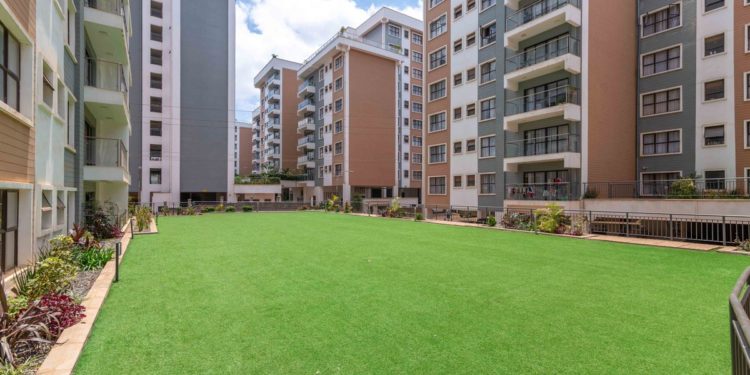I watched President Ruto’s Interview yesterday looking for answers to the proposed Housing Levy but left there with more questions than answers. It is clear that other than the 3% rate, the Fund is not well thought through, but it’s also clear that the President has been properly misadvised, but his mind is totally made up on the Housing Levy. All we can do now as professionals is to provide insights to the public so that they can engage with their elected leaders.
I left the interview even more convinced that it’s totally the wrong way to do something very good for the following reasons:
1. Too many unknowns: The only thing he said with clarity is the 3% mandatory deduction. Other key numbers that could help the public interrogate the concept remain totally opaque like:
a) What is the estimated construction cost of a house? This helps evaluate whether the government will do a better job than the private sector.
b) Will this house be given to the beneficiary at a discount, cost, or margin?
c) On the Kshs. 5,000 a month that the beneficiary will pay to buy the house, will it cover the cost of the house? And what kind of return does it translate to the Fund?
d) What happens if the buyers default as they have massively defaulted on the Youth Fund or Hustler Fund?
e) What is the cost of running the fund?
2. What is the estimated return on investments to the person contributing the funds? The public is more scared of losing funds than the idea of contributions. Going by a past track record in things like Youth Fund and Uwezo Fund, 70% of Housing Fund contribution could easily be lost to “expenses” and non-performance
3. There will be more contributors to The Fund than houses built; how will the houses be allocated? To say the CS for Housing will determine eligibility is totally scary.
4. Government involvement in the private arena has been disastrous… Uchumi, Kenya Airways, Sugar Companies, Youth Fund, and Uwezo Fund losses have been huge, and even Hustler Fund losses remain opaque; why would this Housing Fund be any different?
5. Why can’t he work with the private sector on a Housing Fund framework that keeps the money off government funds? There is an existing framework for managing pooled funds, such as Pension Funds, REITs, and Money Market Funds which can work to achieve even better results; why hell-bent on a model where the government is handling funds in a totally opaque model?
6. Given the government initiative towards privatization, this seems to be going against the privatization initiative by setting up a huge and opaque parastatal to gobble up Kshs. 120 billion of statutory deductions.
7. No discussion on track record for completed sales, such as Park Road and Buxton, or any other that has been done so far. How much did it cost to construct? Was it competitive with the private sector costs? How were the allocations done? An audit report on the completed projects would reduce the huge trust deficit with the public.
8. Other Housing Funds, such as China, are mandatory, similar to what is proposed, but their governments do not get involved in construction, and the contributor is free to use the funds to purchase any house of their choice. Why is the government getting involved in construction, and why limit people to its houses?
The idea of a massive housing initiative to create jobs and address the housing deficit is great, but it’s being done in the wrong way that creates a massive Kshs. 120 bn a year slush fund.












